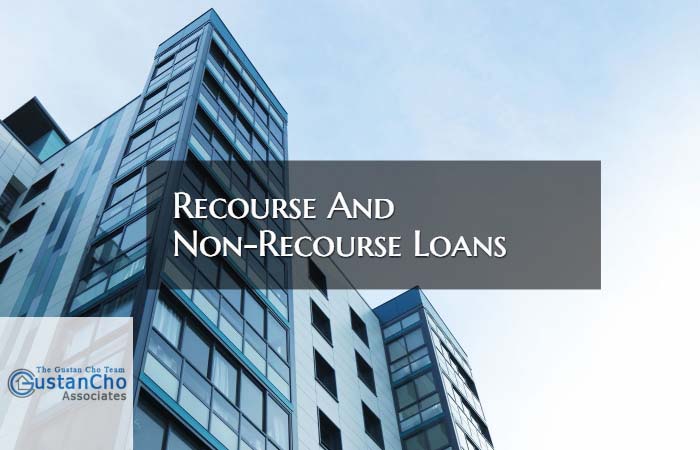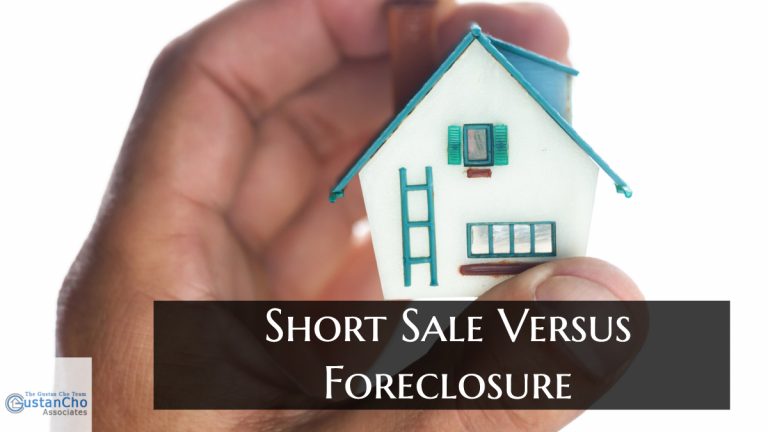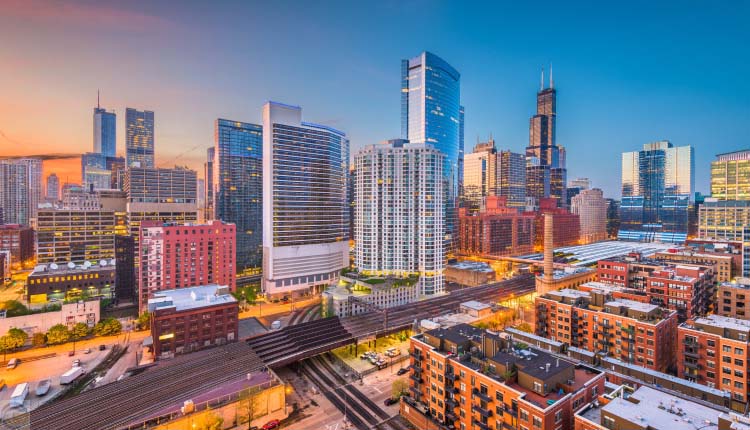This BLOG On Recourse And Non-Recourse Loans And Major Differences Was UPDATED And PUBLISHED On June 22nd, 2019
The difference between recourse and non-recourse loans are that borrowers are personally liable for recourse loans. With non-recourse loans, borrowers are not personally liable. All primary owner-occupant properties are recourse mortgages. Non-Recourse loans are for investment and commercial loans only.
Differences Between The Two Loan Types
Recourse and non-recourse apply for commercial loan programs:
- With non-recourse loans, the lender is mainly concerned with the property and the cash flow of the property
- The property owner normally puts down a large down payment such as a 30% down payment or more
- If the property owner goes defaults, the lender will foreclose on the subject property
- Lenders will not go after the property owner since it is a non-recourse loan
- With recourse, the lender will foreclose on the property in the event of the default
Whatever deficit or shortfall there is, the lender will go after the borrower’s personal assets since it is a recourse loan.
Recourse Loans
Real Estate Investors that default on a recourse loan, the lender can not only foreclose on a property. They cannot come after the borrower for the shortfall as well as legal fees and other costs associated with the default of commercial mortgage loan.
Risks With Recourse Mortgages
With recourse loans, the lender can go after the following:
- Can sue borrower
- Go after personal assets
- Garnish wages
- Attempt to sue to freeze asset and bank accounts
- Place liens on other properties and assets
Most commercial investors try to avoid recourse loans and favor non-recourse loans.
Non-Recourse Loans
If you default on a non-recourse loan, the lender can only go after the collateral and you are not liable personally.
For example, owner of an apartment building with a non-recourse loan owing lender $500,000 but defaulted on a non-recourse loan:
- If the lender takes a $300,000 loss, the lender cannot go after the personal home or other assets even if real estate investor is a millionaire
The lender takes the loss and they have no other recourse other than the apartment building.
Benefits Of Non-Recourse Mortgages
Non-recourse loans are the best way to go for a commercial property investor needing commercial loans. Non-recourse lenders normally have higher mortgage rates. Due to the higher risks, non-recourse lenders require more money down since the subject property is the only collateral they have. There is a limited liability with non-recourse commercial loans. Contact Gustan Cho Associates for more information on commercial recourse and non-recourse loans.
For more information on this blog or other mortgage-related topics, please contact us at Gustan Cho Associates at 800-900-8569 or text us for faster response. Or email us at gcho@gustancho.com. Gustan Cho Associates are lenders with no lender overlays on government and conventional loans. Gustan Cho Associates are also experts in Non-QM Mortgages and bank statement loans for self-employed borrowers. We offer asset depletion mortgages, bank statement loans for self-employed borrowers, fix and flip investment property loans, and Non-QM Jumbo Loans with credit scores down to 500 FICO.








